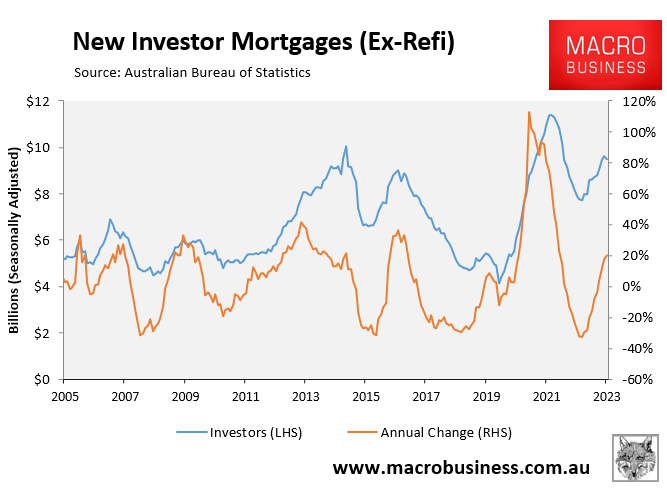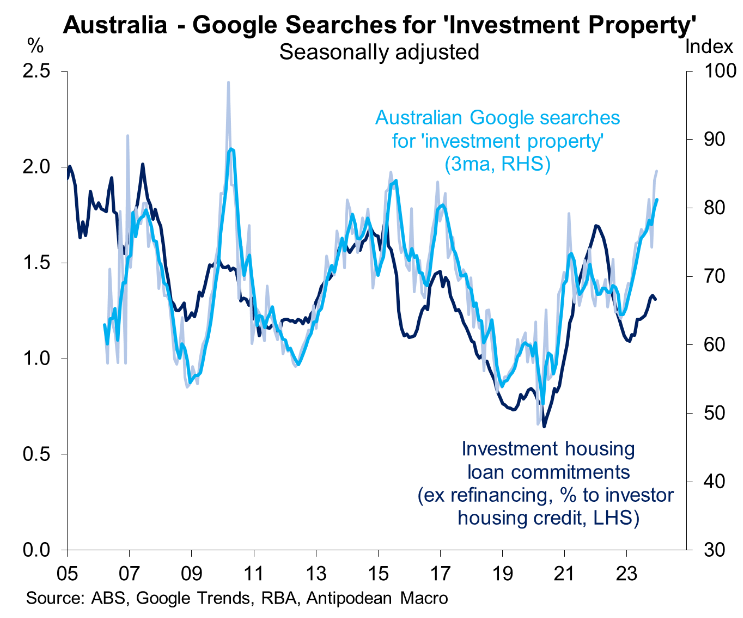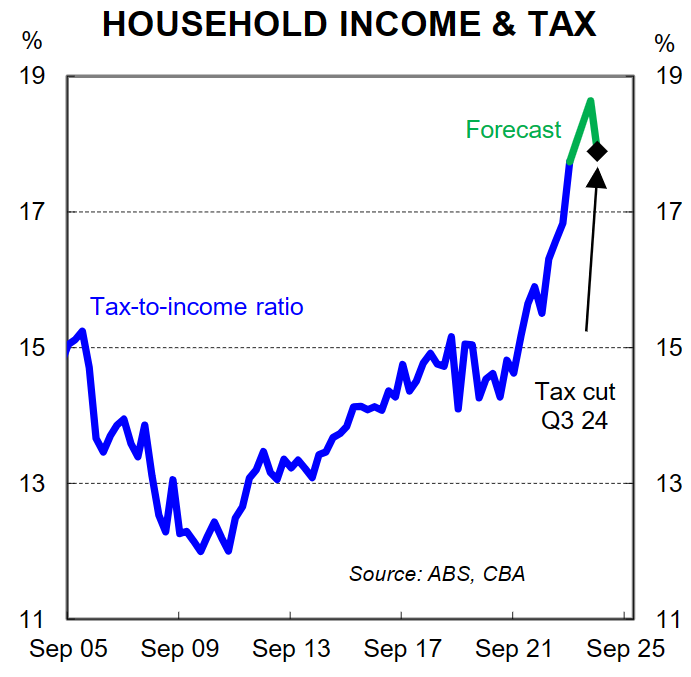Throughout 2023, we saw various headlines indicating that investors were selling their properties, exacerbating the rental crisis by reducing availability.
PropTrack Director of Economic Research Cameron Kusher, for example, warned in November that “investors continue to exit the market, which is keeping the overall stock of rental properties low”.
Thomas McGlynn, CEO of the Sydney-based real estate broker BresicWhitney, likewise warned that a substantial share of Sydney landlords were selling up.
“We’re definitely still seeing a large increase in the number of investors looking to sell compared to a year ago, which has doubled in our books”, he said.
The same was supposedly happening in Melbourne according to Geoff White, branch manager of Barry Plant Yarra’s Edge, who claimed “high mortgage repayments and the additional compliance costs due to the recent state policies” left “very little incentive for landlords to hold on to their assets”.
Ray White’s September real estate report also claimed that “nationally, investors continue to exit the market”.
Meanwhile, the Australian Bureau of Statistics (ABS) mortgage finance data for December contradicts these claims of a mass investor exodus.
It showed that investors are piling back into the market, with investor commitments up 20% year-on-year:

Separate data compiled by Justin Fabo at Antipodean Macro also shows that Google searches for “investment property” have boomed, hitting their highest level since 2017:

Jellis Craig Managing Director and incoming CEO Andrew McCann said that investors had returned and were seeking homes to buy and rent out.
“There has been constant talk about the competition in the rental market, the improvement in rental returns and yields and the tight nature of the rental market”, he said.
Given mortgage rates look to have peaked and the rental market is booming (with rising yields), 2024 should see investors lead demand for housing.

The record share of personal incomes being consumed by taxes is also likely to lead to more investors seeking negative gearing opportunities to minimise their taxes.

